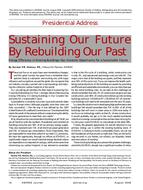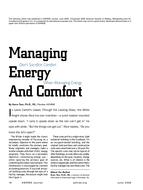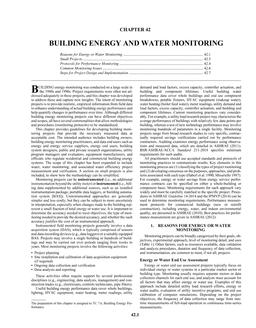The problem of steady, fully developed laminar flow under combined forced and free convection inside uniformly heated inclined tubes has been numerically investigated. Results have shown that the buoyancy forces associated with a temperature gradient have a considerable influence on the primary axial flow, which becomes very different from Poiseuille’s flow. The axial velocity profile is no longer symmetrical and the dimensionless value of the maximum axial velocity is less than 2. The shearing stress at the tube wall varies considerably along the tube circumference, and its average value has been found to be higher than the one corresponding to pure forced flow. The temperature and its radial gradient are very different between the top and the bottom of the tube’s cross section. In general, the intensity of the secondary flow and its effects on the primary axial flow are more significant for horizontal and nearly horizontal tubes. However, they decrease with an increase in the tube inclination and the fluid Prandtl number. These effects have been thoroughly studied and compared for water and air. Appropriate correlations have been proposed to compute the average Nusselt number in terms of Grashof number, Prandtl number, and tube inclination.
KEYWORDS: natural convection, streamline flow, inclined, tubes, temperature difference, walls, stress, heat transfer coefficient, calculating, air, water, fluid flow.
Citation: Symposium, ASHRAE Trans. 1994, Vol.100, Part 1,
Product Details
- Published:
- 1994
- File Size:
- 1 file , 1.2 MB
- Product Code(s):
- D-17764


